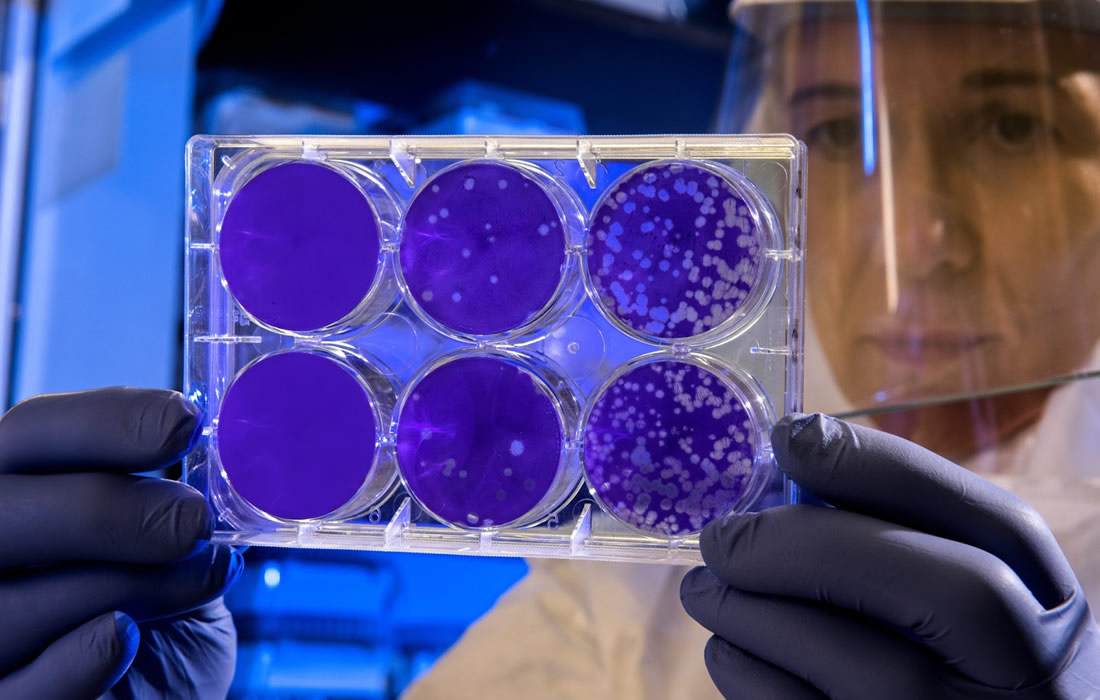Even after the approval of multiple new drugs for ulcerative colitis (UC), up to 30% of UC patients still require major abdominopelvic surgery to remove the colon and rectum for medically refractory disease. That is why the development of new and better treatment strategies has been under investigation. The use of mesenchymal stem cells (MSCs) […]
Author Archives: Francisco Fernandez, MD
According to studies being presented at the American College of Cardiology’s 71st Annual Scientific Session, drinking coffee, particularly two to three cups a day, is not only associated with a lower risk of heart disease and arrhythmias but also with living longer. The researchers that these analyses are the largest to look at coffee’s […]
Heart failure with preserved ejection fraction (HFpEF) is a prevalent form of cardiac decompensation that is increasing with population aging and there still no evidence-based therapies for it. Although is the leading cause of hospitalization in the elderly with almost a third of discharged patients being admitted or dying within 3 months. The search for […]
The infection with SARS-CoV-2 causes an acute multisystem illness referred to as COVID-19, It is recognized that approximately 10% of individuals with COVID-19 develop persistent and often relapsing and remitting symptoms beyond 4 to 12 weeks after infection. These persistence of symptoms is commonly referred to as long COVID. Long COVID has been associated with […]
Peripheral artery disease (also called peripheral arterial disease) is a common condition in which narrowed arteries reduce blood flow to the arms or legs. In peripheral artery disease (PAD), the legs or arms — usually the legs — don’t receive enough blood flow to keep up with demand. This may cause leg pain when walking […]
The use of facial rejuvenation treatments continues to grow worldwide. Almost all current therapies are based on the implantation of foreign substances, such as hyaluronic acid, bovine, porcine, or recombinant collagens, etc., and the generation of wound-healing cascades through ablative skin surfacing or chemical peeling. The use of cell therapies is also growing for many […]
Despite recent progress in medical and endovascular therapy of patients with critical limb ischemia (CLI), the prognosis of patients with no option for revascularization remains poor. Most of the cases end up in amputation (40%) and even death (20%) within 6 months. Trials analyzing the effect of growth factors such as vascular endothelial growth factor […]
“Ketogenic” is a term for a low-carb diet (like the Atkins diet). The idea is for you to get more calories from protein and fat and less from carbohydrates. You cut back most on the carbs that are easy to digest, like sugar, soda, pastries, and white bread. When you eat less than 50 grams […]
Knee osteoarthritis is a chronic progressive disease affecting more than 20% of people older than 45 years, involving progressive degeneration of the articular cartilage and subchondral bone, often accompanied by synovitis. Different treatments have been used over the years, including conservative therapies such as anti-inflammatory drugs, physical therapy and joint injections (i.e. steroids, hyaluronic acid), […]
Type 1 diabetes (T1D) is an autoimmune disease in which the pancreas produces little or no insulin. Typically symptoms usually appear until 80% of the β-cell mass has been destroyed, and absolute destruction of these cells leads to the dependence on exogenous insulin for survival. Two strategies currently exist that focus on replacing the damaged […]










